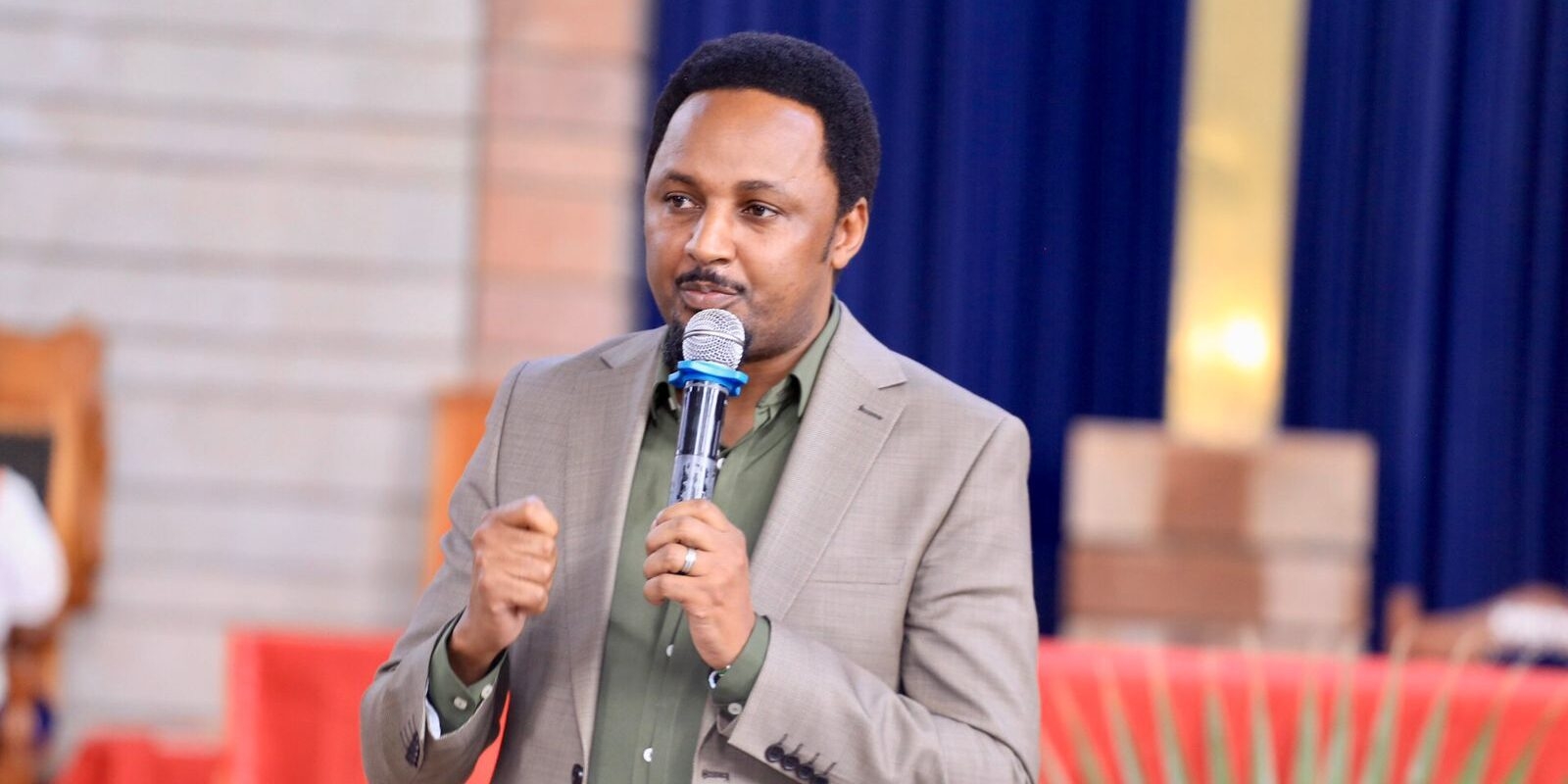A fierce battle has erupted over the control of Kenyatta University Teaching and Referral Hospital.
The medical students and staff petitioners say even though KUTRH is fully functional, lecturers and medical students have been denied access by the hospital management.
“No KU student or lecturer has ever been granted access to its perimetre fence to learn,” their petition states.
Now it's a parastatal, a state corporation owned by the government that wants it to be profitable.
The management of Kenyatta University, medical students and staff union are pushing the Ministry of Health to revert the hospital to the status of an institution for training purposes for future medics.
KUTRH, one of the country's biggest public facilities complete with a cancer centre, is currently run as state corporation under the Health ministry.
The battle was exposed Tuesday in the ongoing hearing of a petition filed by KU medical students in the Senate to the Health Committee.
In their submission to the committee hearing the students' petition, the university management complained the hospital was unfairly taken away from the institution.
The institution states KUTRH was the inspiration of the university to help students pursuing medical courses.
The UniversitiesAcademicStaff Union (Uasu) deplored the current management of the hospital is attracted to the monies generated by the hospital, mainly from referrals at the expense of students.
KUTRH opened its doors to patients in October 2019, months after it became a parastatal.
“It came as a shock to the university that the hospital was established as a stand-alone parastatal through Legal Notice No 4 of 2019,” the university said.
The notice, they argue, has caused a serious crisis in the entire medical education fraternity at the university.
The KUTRH board is chaired by academician Prof Olive Mugenda.
She is regarded as the heart of the hospital. She oversaw construction while working as vice chancellor of KU between 2006 and 2016.
The university management argues that establishment of the hospital as a state corporation negated the original objective of its establishment.
“The hospital was established as a laboratory-experiential learning centre for medical education and research for Kenyatta University students,” it said.
The university states that on the strength of owning the teaching hospital, it had attracted and entered into collaboration agreements with top universities in the world with the understanding that KU would own and manage the hospital.
However, since reverting the hospital to a parastata, these plans have seriously been interfered with as the hospital board came up with parallel projects and programmes.
“It is extremely crucial that Kenyatta University medical students access the hospital facilities before the new academic year, which commences in September,” the petitioners said.
In their petition, the students state that unlike the University of Nairobi, which has unfettered access to the nearby Kenyatta National Hospital, they have been forced to utilise Kiambu subcounty hospital for their practicalsand it is located about 40km away.
The University Academic Staff Union warned that the university’s medical school risks deregistration following the takeover of the hospital.
“The threat of deregistering the School of Health Sciences at the Kenyatta university is real,” they said.
Uasu deplored that the current management of the hospital is attracted to the monies generated by the hospital, mainly from referrals at the expense of students.
“The purpose of the hospital should be emphasised to teaching, training and research. Referrals should be capped to special isolated cases which will inform research,” they said.











